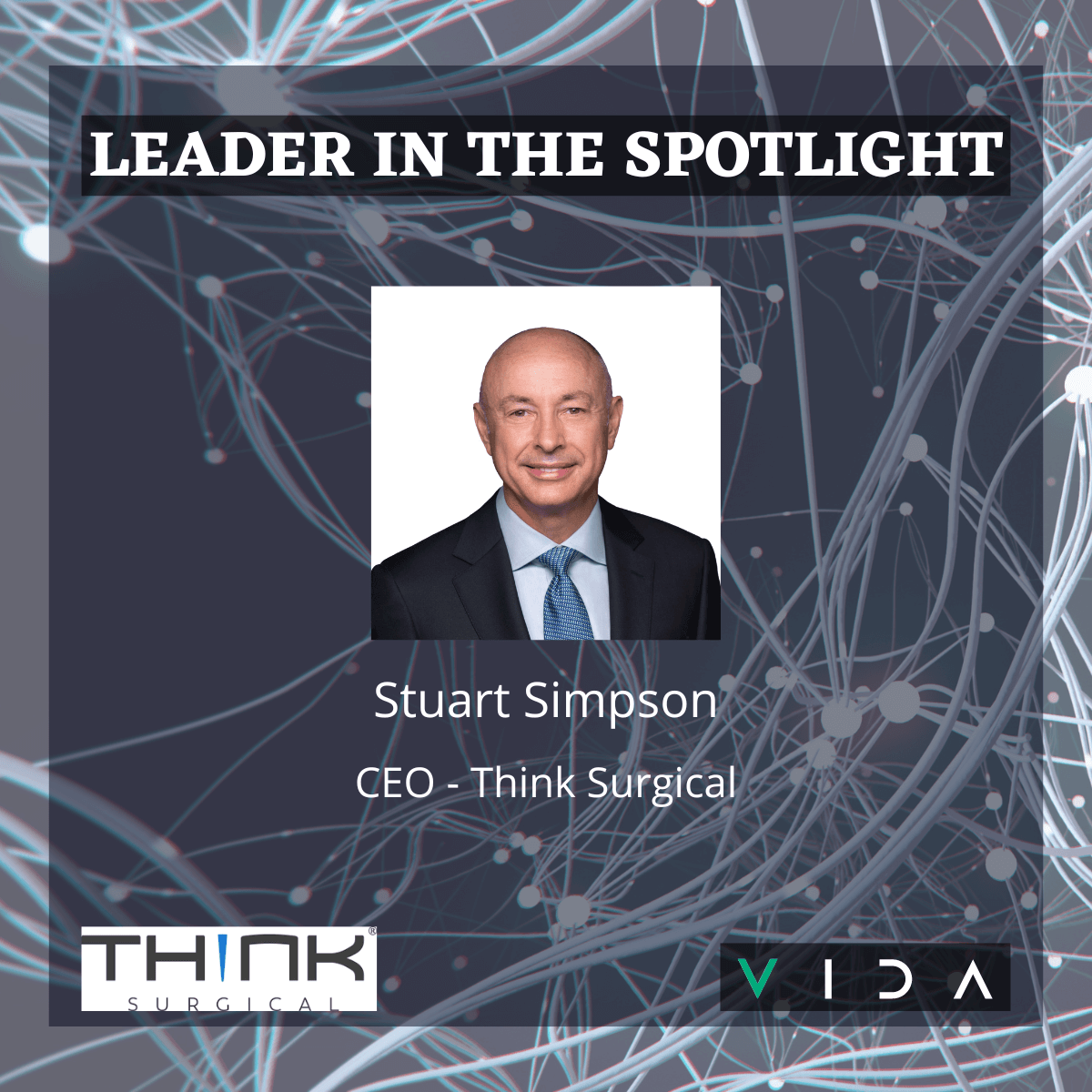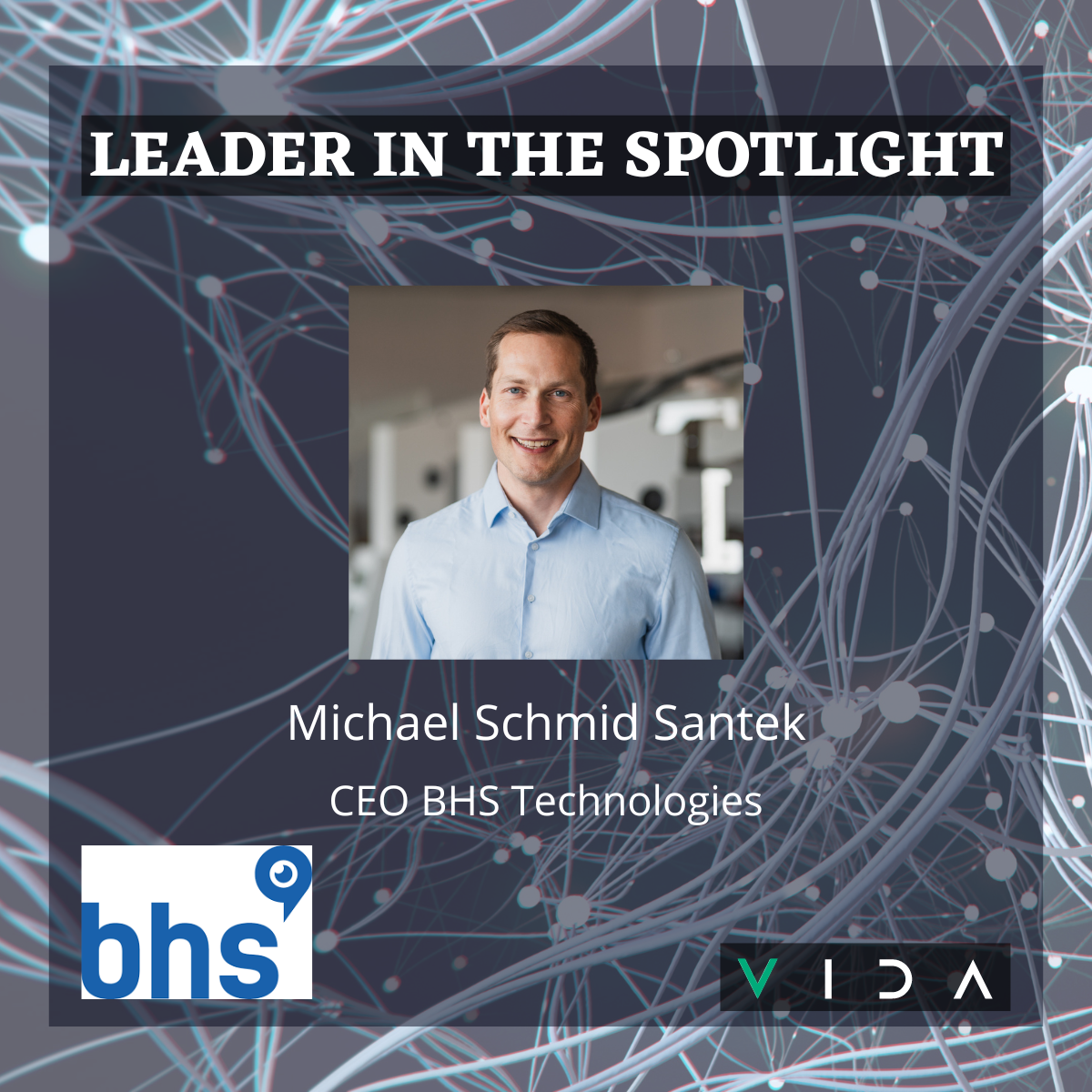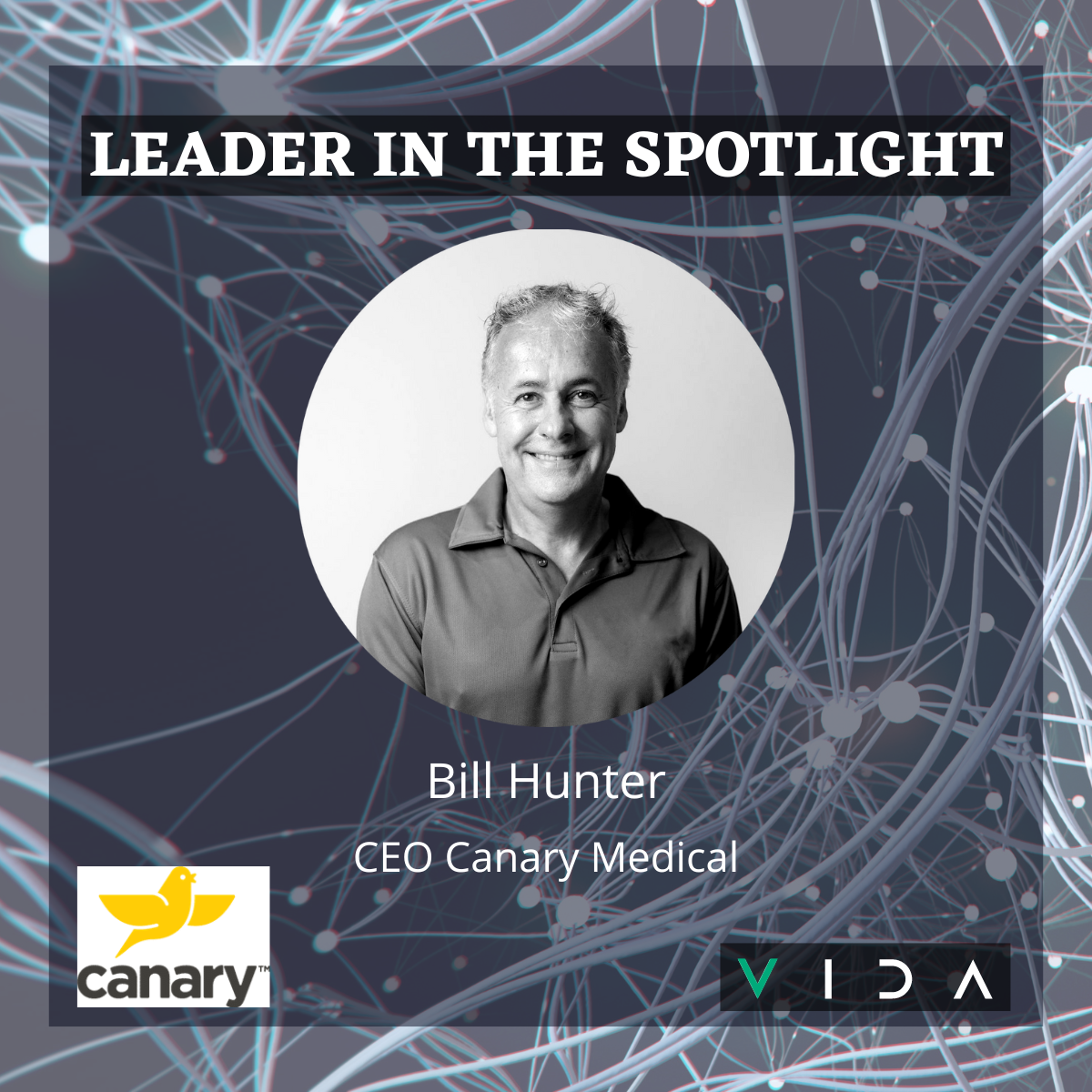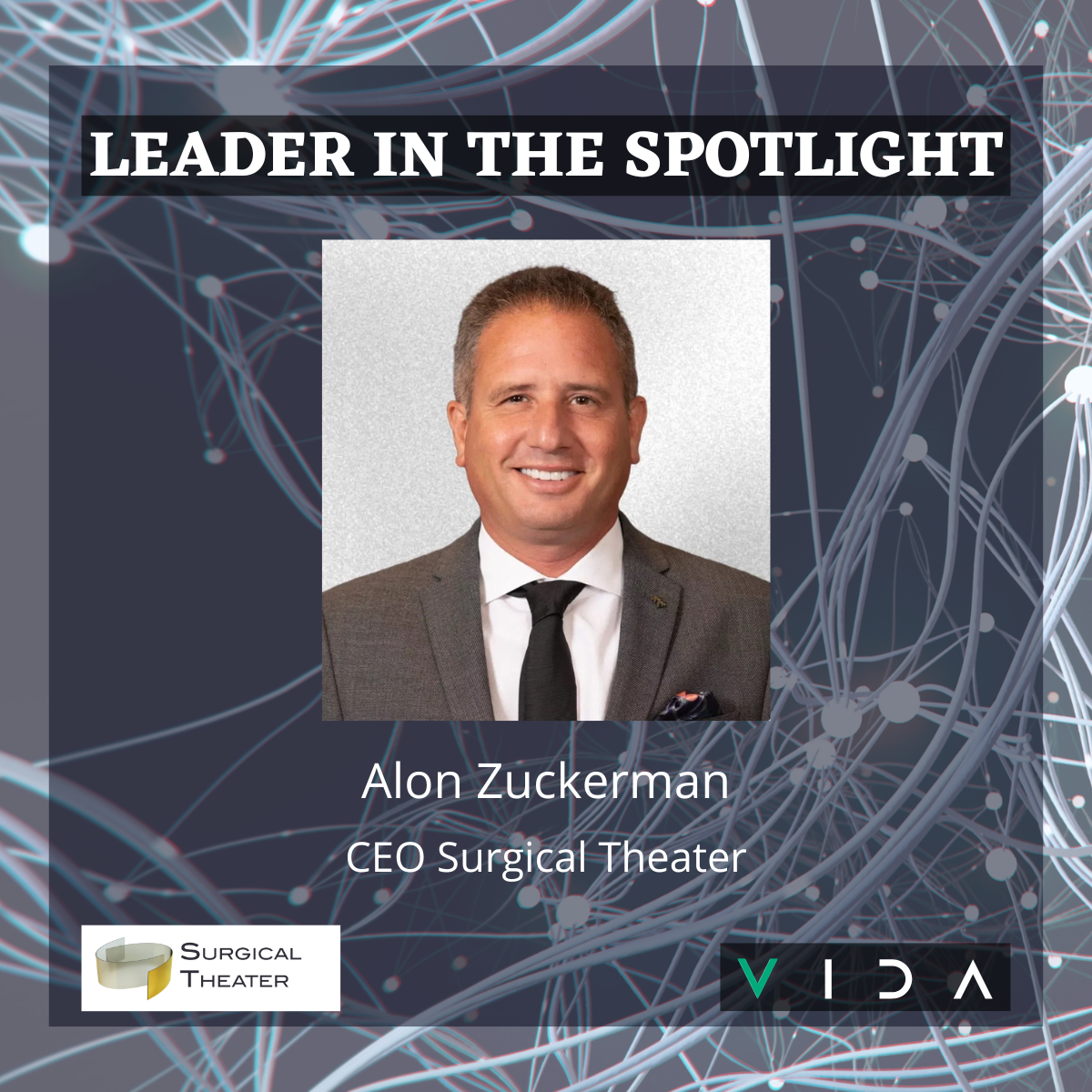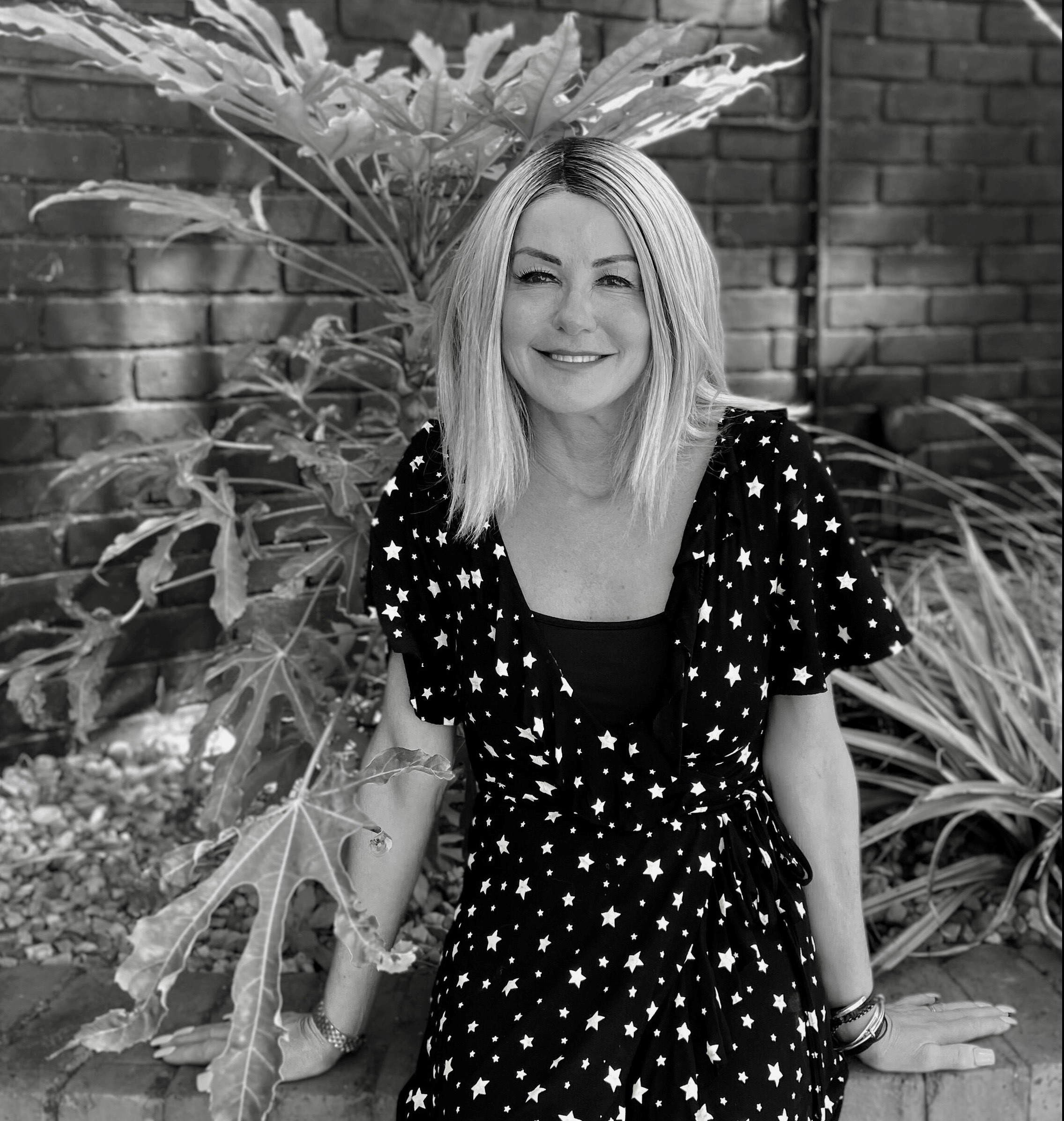
POSTED BY
Liz Moyles
I always love to ask this question because it is so insightful and actually a lot of people really like to know about how others in this industry ended up where they are today. So, how did you end up in your role and in this industry ….. where did your passion for medical devices / medical technology come from?
I actually did not come to the medical device field directly. I studied architecture and began my career working in my family’s industrial refrigeration business. I was lucky to be chosen to design and build the robotics laboratory at the Technion-Israel Institute of Technology where I met the lab’s Founder, Prof. Moshe Shoham, a true visionary in the field of Robotic Surgery.
I was honored to have Prof. Noemi Bitterman, the founder and Chair of Masters of Industrial Design department with a strong focus on Medical device and software Design at the Technion as my lead instructor. With the guide of Prof. Bitterman and Prof. Shoham I started my transition into the world of Medical Devices. Many years and several start-up companies under my belt later, Prof. Shoham was looking in 2018 for a CEO for a new surgical robotic company and he convinced me to join the team.
That is a lovely story. I love how you had to beg Professor Shoham initially to take you on as a Master’s student, and that ultimately, he valued your skills and experience and attitude so much that he wanted to convince you to be the CEO for Tamar Robotics. That is truly lovely.
So, after your studies and before joining Tamar Robotics, what career path did you take? Has it been all you hoped for?
Before joining Tamar Robotics, I managed several Medical Device companies, primarily in the Gastrointestinal Field. One of the companies is now traded on NASDAQ and the device is in commercial use so it is a satisfying feeling knowing that I was part of the earlier stages in bringing this device to fruition. Of course, there have been failures which is par for the course, but the main thing is to learn from the failures.
You are so true about learning from failures, and I know that some people will say a failure is one of the greatest learning opportunities, so in fact is ‘not a failure of itself’- maybe just not what you planned to achieve. You spoke about the satisfaction of bringing a device to fruition. Why are you so passionate about your company and your technology -What is so special about Tamar Robotics and what difference is this going to make to the patient and surgical team current?
Well, Robotic Surgery is the future of treatment, and it is exciting to be a part of the relatively early stages of this transformation. The rewarding aspect of our system is that Robotics has not yet been able to remove Brain Tumours which is one of the most challenging types of surgery out there. These are long and nerve-wracking procedures where even the smallest mistake can damage healthy brain cells resulting in the patient’s loss of key functions – cognitive or physical. Our system will finally bring the precision and accuracy of Robotic Surgery to millions of patients, as our tag line says, “where every millimetre counts”.
You sum that up really well. The brain is absolutely one of the places where you can’t afford to have any margin of error. So, Noam, what are you working towards next and what difference do you and the team want to make?
If we can ensure that a brain tumour patient will return to his/her family with the ability to walk and talk with loved ones and enjoy many more years with high life quality I think this would be a major contribution to the medical community. Based on what we are seeing in our testing, we are on the right track.
It completely would and to the millions of patients and their families and friends too. So how is the market receiving your concept and what makes you most proud in this area?
Our system is still not at the commercial stage, but I am proud to say that from the outset we have been developing the system with input from Neurosurgeons. To date, we have had approximately 100 Neurosurgeons from around the world providing input regarding our system from hands-on feedback to higher level input regarding the economic benefits that can be expected from our system’s use in their institutions.
Fantastic to see you are getting their buy in and contributions. What opportunities do you see out there in the medical devices world to be more innovative in offering patients and surgeons / clinicians a more joined up solution?
There are many synergies that I can see for the use of various technologies for offering improved treatment to patients. The challenge is really that each company is focused on its own technology and expanding utilization in the very demanding and difficult medical equipment market. Being able to dedicate corporate bandwidth and other resources to envision and back such collaborations is not an easy sell. I think though that once new technologies such as AR and Robotics are more common in the Neurosurgical OR, the demand for such collaborations will come from the users and the benefits and value for collaborations will be more apparent to the corporates.
That is a really good observation, and I can see the validity in that. What is the best piece of advice / feedback you have received from investors / mentors / KOLs?
As I mentioned, we have presented our system to approximately 100 neurosurgeons, and had a lot of feedback. My favourite quote came from a leading neurosurgeon who said, “it looks like a robotic system that was developed by neurosurgeons.” That was important to me as it validated our insistence on developing our system hand-in-hand with end users.
That is an accolade! Well done – high praise indeed. Has anyone one played a particularly key role in your career / work life- perhaps a mentor ….. what and how did / do they influence you?
I have been extremely lucky and honoured to be counted among Prof. Shoham’s limited number of students. It is not every day that one has the opportunity to learn from a leading visionary in the Robotics field who revolutionized the field of spinal surgery with his company Mazor Robotics which he sold to Medtronic for $1.6B. His wisdom, support and guidance throughout our journey at Tamar Robotics are invaluable.
It’s great to see and hear the impact Prof Shoham has had on you and many others. What advice would you give to someone who's looking to enter this space - Whether that's a fresh graduate straight out of university, or someone looking to transition their career?
The Medical Device field is probably the most challenging due to the added layers of complexity such as Clinical Trials, Regulatory Processes, etc. Anyone who wants to get into this field must have a passion for improving Healthcare as well as a lot of patience and stamina. It is a long hard slog believe me!!!
Thanks Noam – thanks for your time and I am really excited to watch the progress of Tamar Robotics. What you are developing is truly special and life changing. Good luck!
